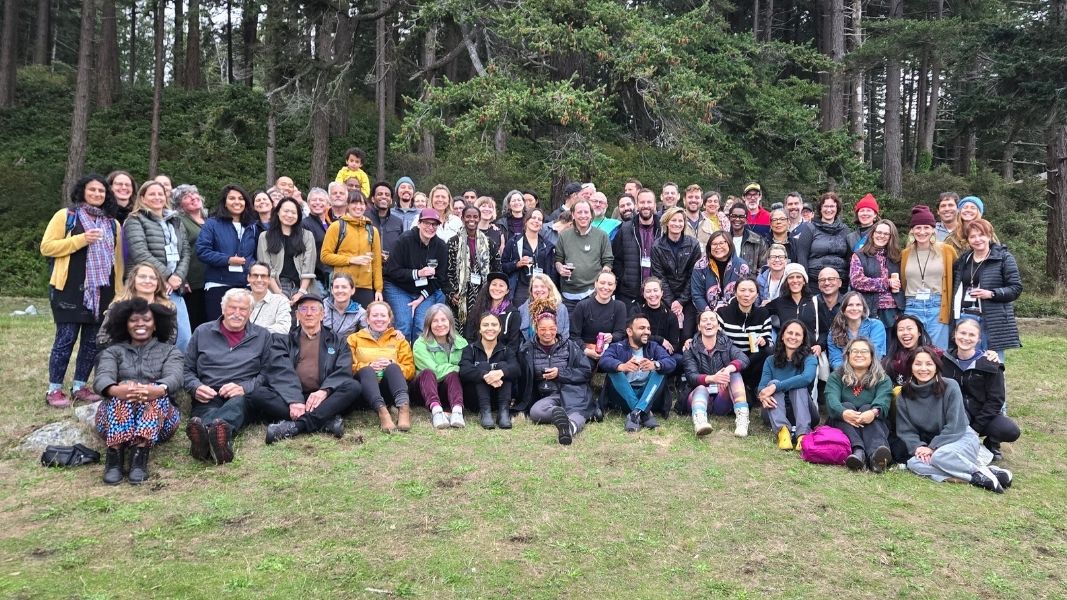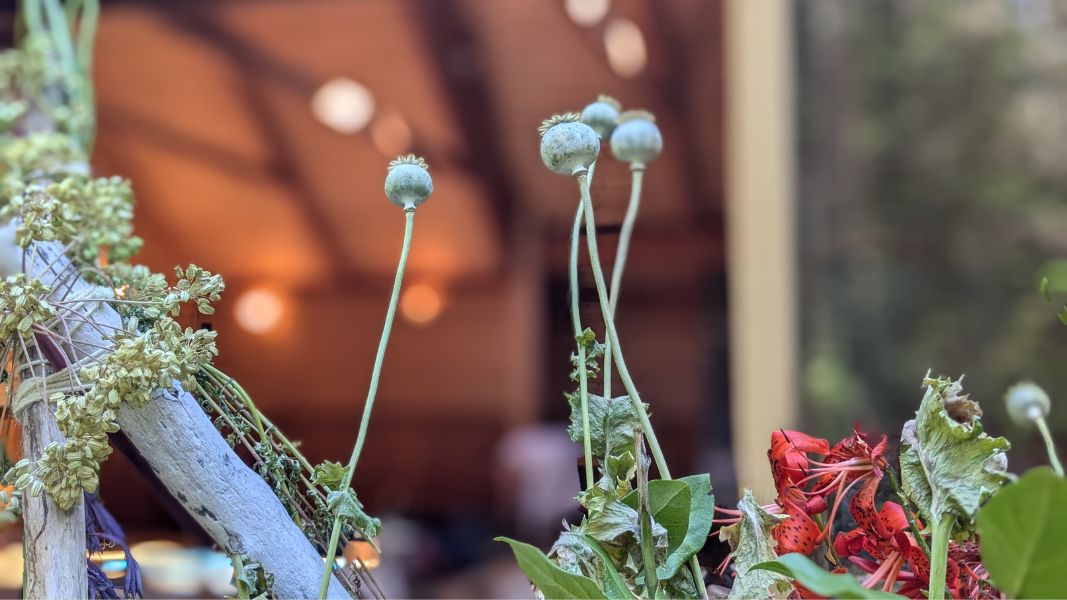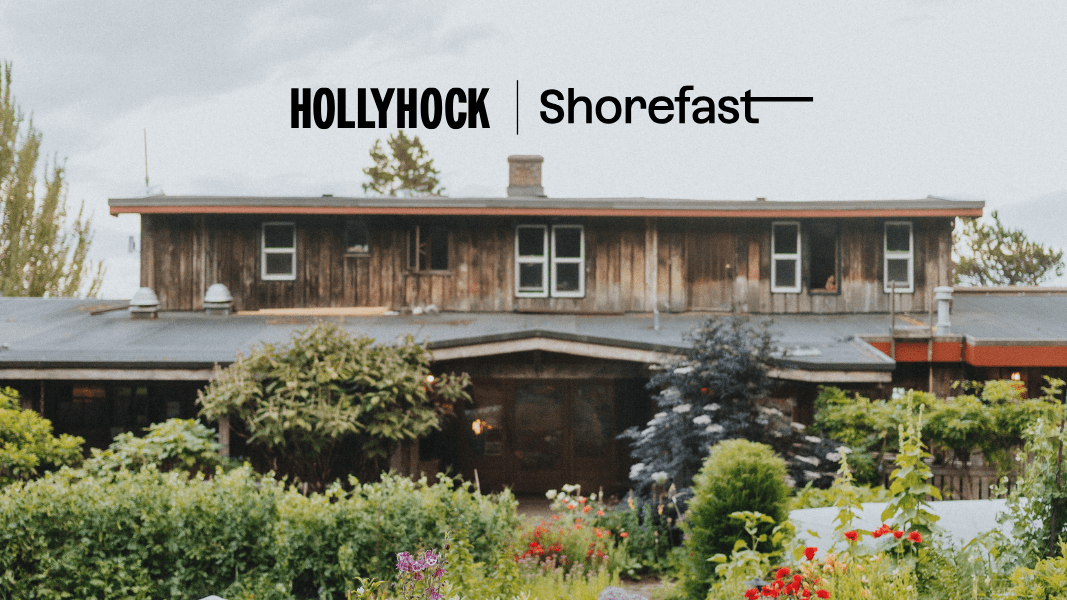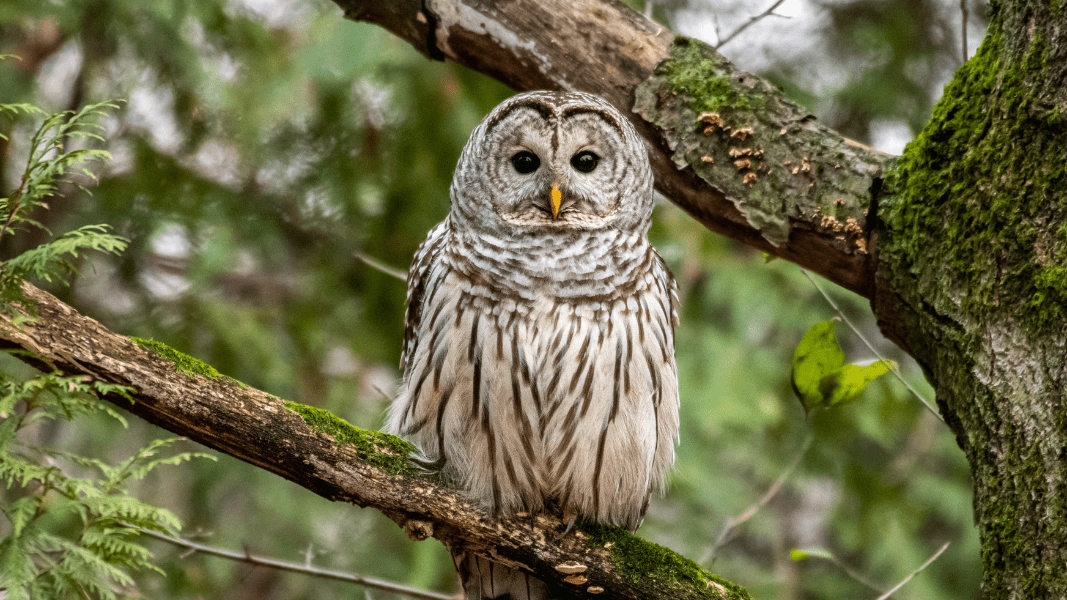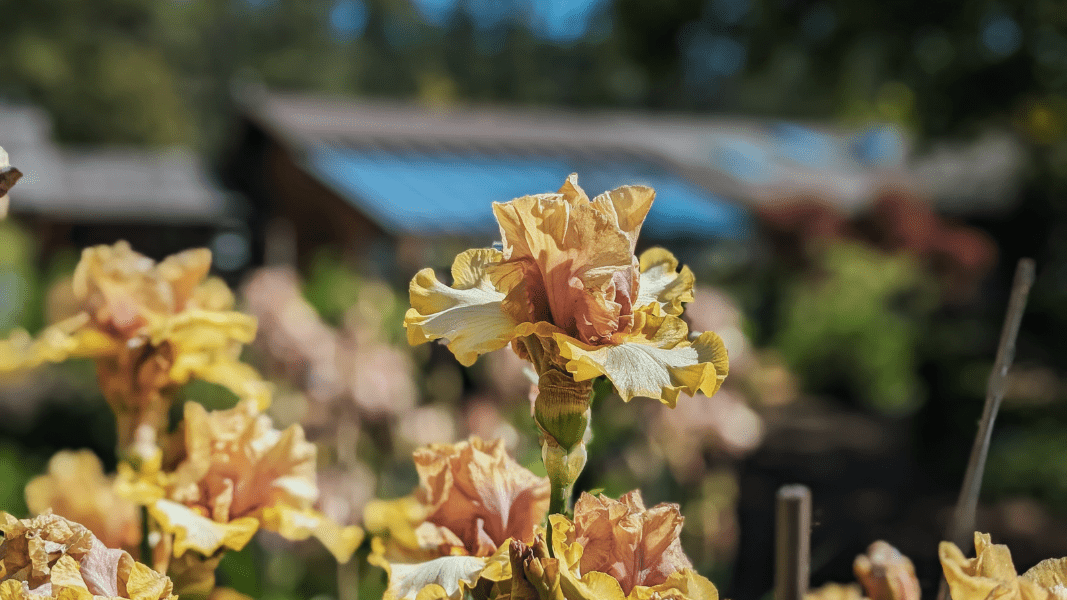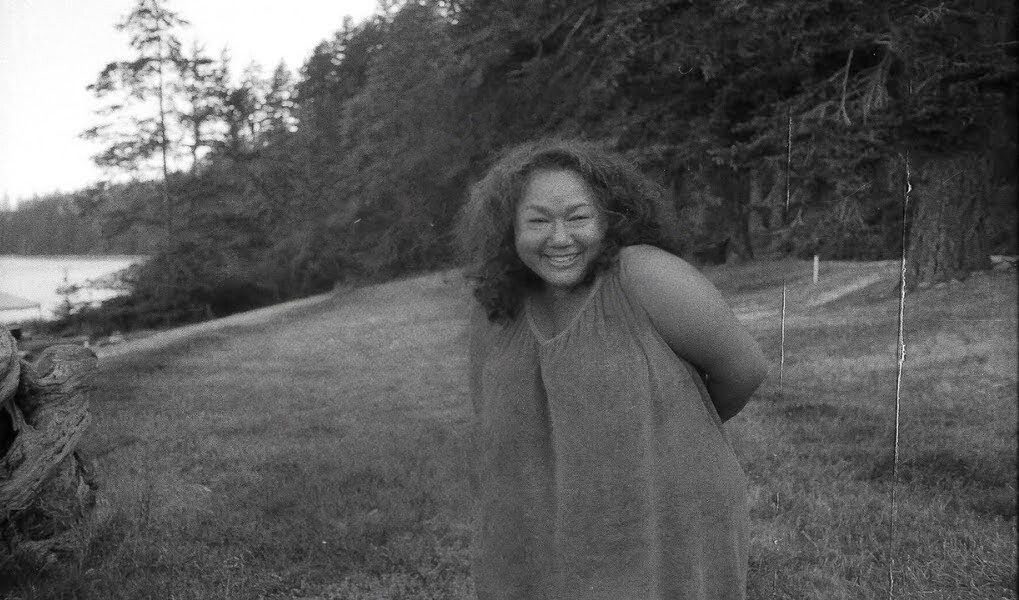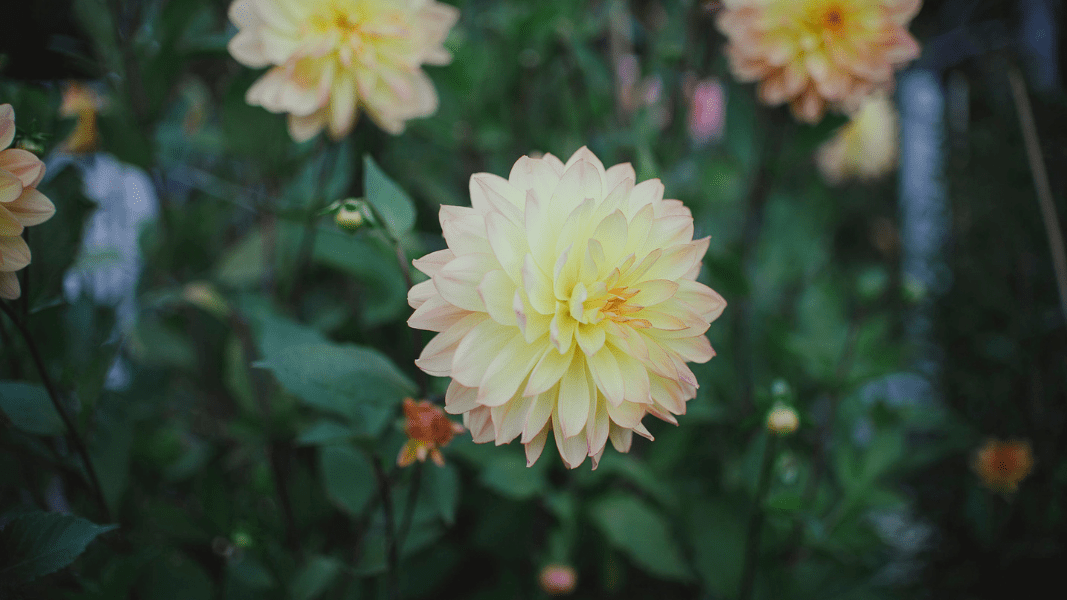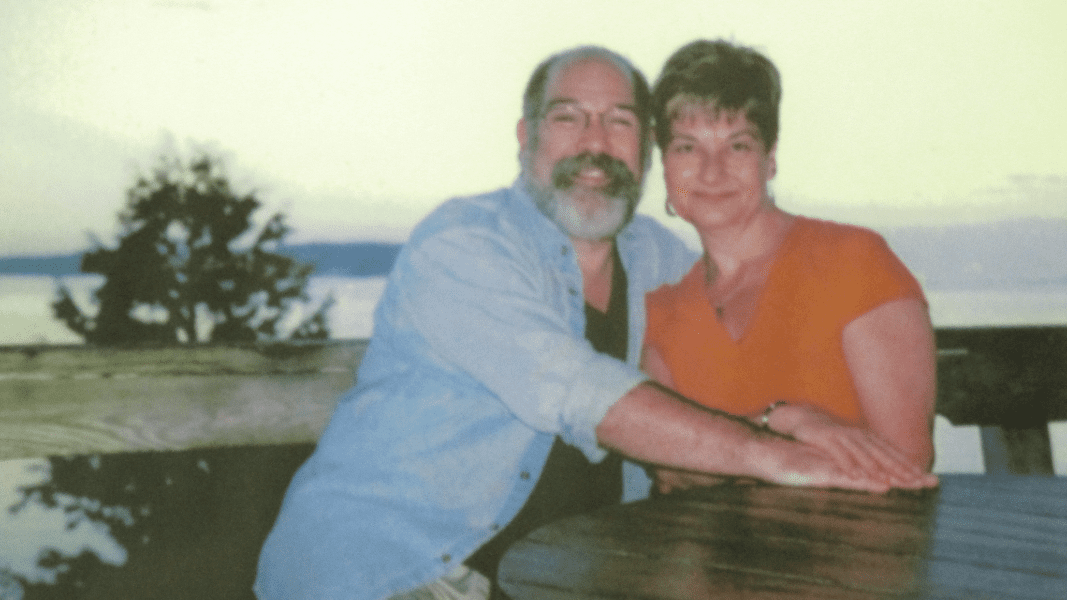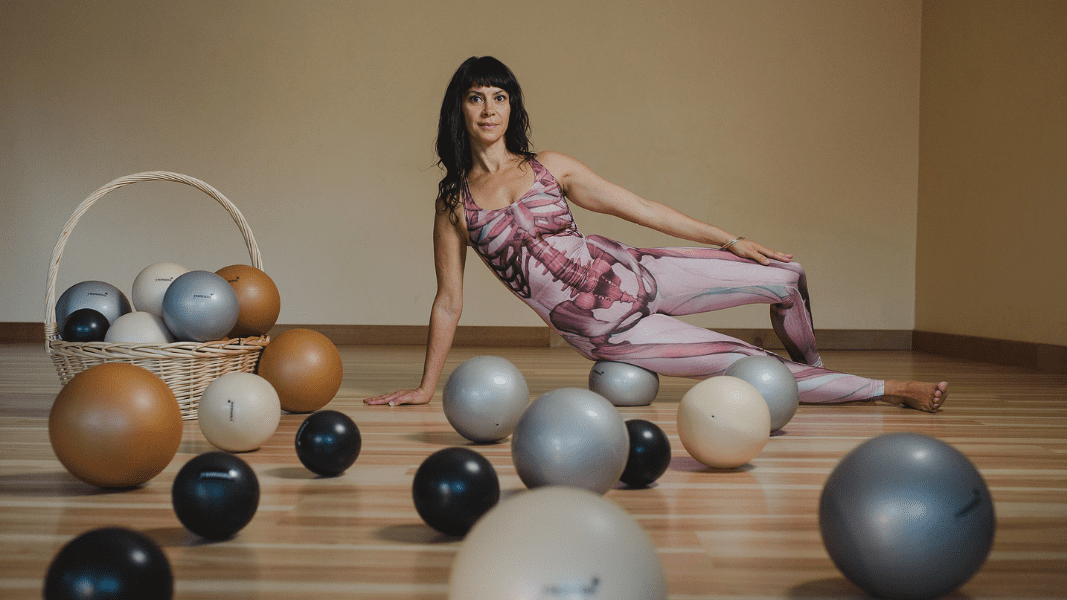Hollyhock’s garden was magnificent as ever when I visited campus in July, despite the changes and many program cancelations this season. My wife and I watched bees and hummingbirds flitting between the big, blooming peonies and we swam away from a shoreline where the tide ebbed and flowed against the sand and the rocks. It was all a beautiful reminder of the ceaseless pulse of nature, especially against the backdrop of a year that has fractured many of our most trusted rhythms.
Each of us is feeling the stress and strain of this bewildering time. Our personal resilience is at an all-time low as the omnipresent, background stress saps us of energy that might otherwise be applied to our passions and talents, our community engagement, our families and friends, and our work. ‘COVID burnout,’ I’ve heard it called, as we approach six months into a pandemic that may last more than another year.
Yet there’s no time to waste. In the wake of yet another series of senseless killings at the hands of police, Black Lives Matter protests have once again ignited around the world. Some continue to take to the streets in strident protest, and many are working hard to ensure the attention to race equity, social injustice, and systemic racism translates into meaningful, lasting change.
This is the long, hard work Dr King described when he spoke of the arc of the moral universe bending inexorably toward justice. Inexorable, perhaps, but exasperating and exhausting. That arc always feels far too long….
And yet every so often, a glimmer of hope. A sign that the times are changing. This week, a Black woman was named as the Democratic nominee for Vice President of the United States. Maybe things do get better.
What is the work ahead?
If we’re to emerge stronger after COVID—stronger as a society, in our communities, in our organizations, and in ourselves—then how should we think about work that exhausts us? That assaults and assails our sense of all that is right and just? That breaks our hearts, even as it metaphorically breaks our backs?
While the global pandemic has fractured our economies and broken countless businesses, and while Black Lives Matter has shone a spotlight yet again on the persistent inequities of our society, and while our species continues to pollute our planet to its breaking point, how are we to think about changing these systems that are so much bigger than each of us?
Transforming systems is patient work. The arc is always longer than we’d like—and likely always will be. It’s work that requires us to critique the systems in which we live, questioning and challenging the status quo—often in the face of those who strongly resist the very change we seek. It’s also work that requires endless deposits of capacity and energy to support innovation, because new ideas are essential if we’re to create new ways of doing and being in the world. Yes, systems change is long, patient work, but it’s not solo work: none of us transforms systems by working alone.
To change systems, we must work together. We must find ways to collaborate across differences—to develop coalitions of shared meaning, and deep trust. This is deeply personal, deeply political, and deeply practical work. Mobilizing support, building partnerships, and encouraging open learning and capacity building are essential to building the collective capacity to influence meaningful change. These are the levers that shift outdated systems.
Finding the right lever to pull, knowing when the lever is better pulled by someone else, discerning how hard and how long to pull…. This takes the effort of individuals who are aware of their own capacity, assumptions, values, and strengths, as well as their limitations. These are the kinds of people who demonstrate the integrity and resilience that inspire the rest of us. They’re the ones who constantly, actively seek opportunities and challenges for personal learning and growth. They’re the ones we admire for their personal responsibility, for their boundless energy, and for the depth of their commitment to the change they seek.
I call that leadership. Diligent, discerning effort, in solidarity with those who share a clear and compelling vision, in service of the imperative work of progress and change.
Is that your kind of leadership?
At Hollyhock, it’s our belief that if we support people to live a life full of wisdom and compassion, they will inevitably encourage others to do the same, and that in doing so, they will inspire a critical mass of people who contribute to creative social, environmental, and cultural systems change. This is our Theory of Change and it gives shape to the way we think about our convening, our programming, and our own work in race equity and reconciliation.
As we look ahead to 2021 and beyond, thinking about Hollyhock’s role and contribution as we all work to emerge stronger post-pandemic, we know this is a time that calls us to urgent action, in so many ways. None of us can do this work alone. We want to equip leaders to manage, develop, and improve themselves. We want to teach them how to empower their colleagues and communities, communicate effectively, and facilitate collaboration and cooperation. And we want to support them as champions and orchestrators of change.
It was quiet on campus this July. The wind rustled the treetops and the owls swooped silently through their boughs at night. The trails were empty, silent. And the land felt fertile and strong. Hollyhock is resting, this year. Summer will soon fade to autumn, and the cold of winter. What do you imagine the spring might bring?


